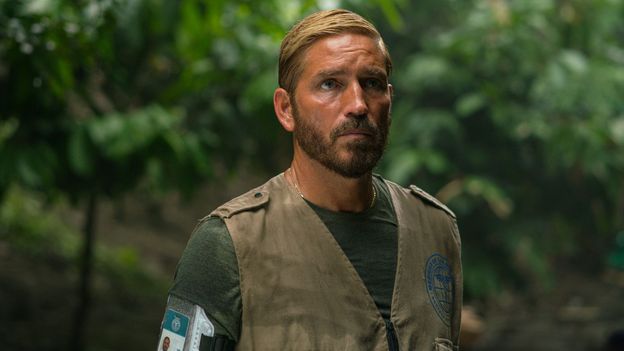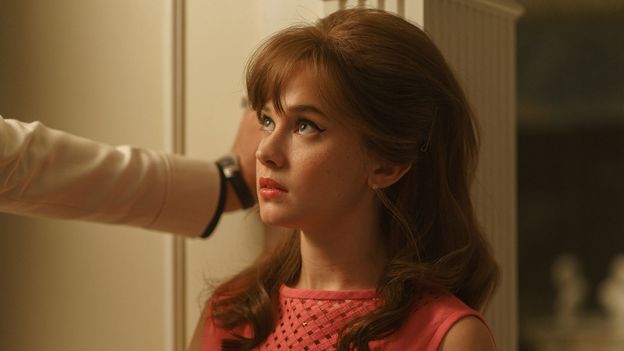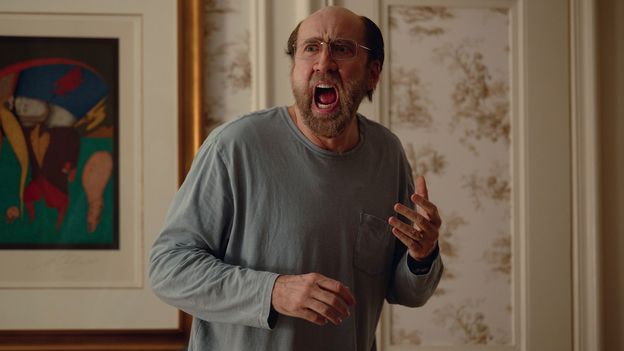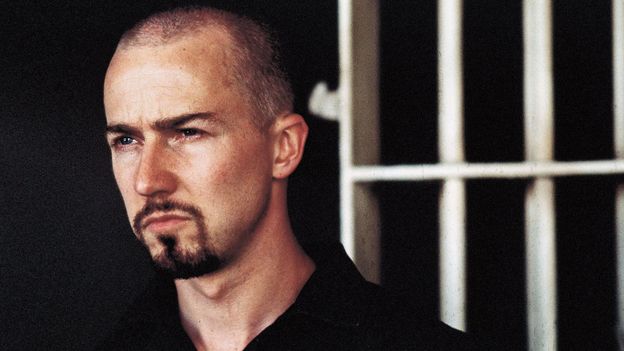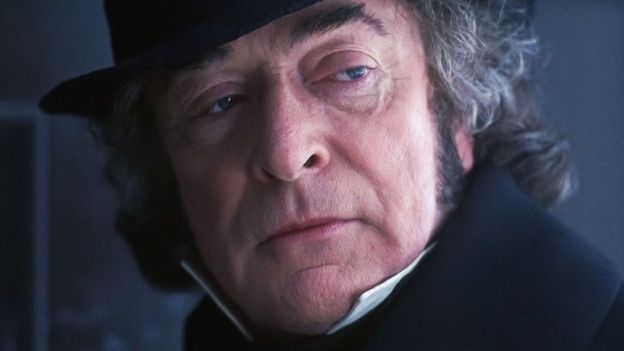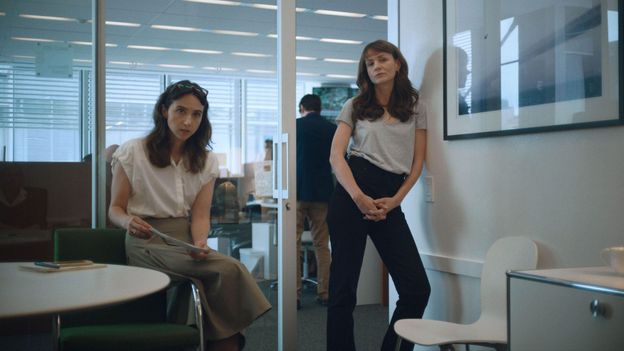For his part, Ballard says that everything he’s seen about the film’s alleged QAnon connections “seems conspiratorial” and is not reflected in the film, which, he emphasises, was “written, produced, and filmed years ago [in 2018] well before anyone [had] heard about QAnon”. Meanwhile Harmon simply says that “Everybody who has seen this film knows that it’s not political, it’s not controversial, it’s just a true story well told.”
On top of the QAnon allegations, there have also been critical reports calling into question the achievements of Operation Underground Railroad (OUR), an organisation started by Ballard that works against child trafficking. According to its website, OUR has rescued more than 6,000 victims and is responsible for more than 5,000 arrests. In 2020, however, VICE News wrote an investigative report on Ballard’s non-profit, accusing OUR not of “outright falsehoods but a… series of exaggerations that are, in the aggregate, quite misleading.” OUR said at the time that VICE had an “agenda” to present a “negative portrayal of an honourable organisation” and that they had “provided factual information to Vice to disprove the inaccurate contentions raised by them”. On Thursday, OUR told Vice that Ballard had “stepped away” from the organisation prior to the release of the film.
There’s no denying that Sound of Freedom is a commercial success. It earned back its budget on opening day, and has garnered around-the-clock media coverage. The film is “a profit machine”, as Dergarabedian calls it, and he believes Hollywood will be taking note. “[Having] all different types of movies for all different types of audiences is a really good thing for the industry – not only to have diverse content out there, but also from a business standpoint, it can make a whole lot of sense.”
What’s less clear, though, as evidenced by the conversations happening around the film, is what the film’s unique selling point, which has made it the summer’s surprise hit, really is. Is it a truly Christian/faith-based movie or not? Is it a thriller simply highlighting an all-too-important and harrowing global issue, or one implicitly aligning itself with popular conspiracy theories? Its ambiguity in these respects may have worked in its favour at the box office – though what its impact may be on the film industry longer-term is another matter altogether.
If you would like to comment on this story or anything else you have seen on BBC Culture, head over to our Facebook page or message us on Twitter.
And if you liked this story, sign up for the weekly bbc.com features newsletter, called The Essential List. A handpicked selection of stories from BBC Future, Culture, Worklife and Travel, delivered to your inbox every Friday.

